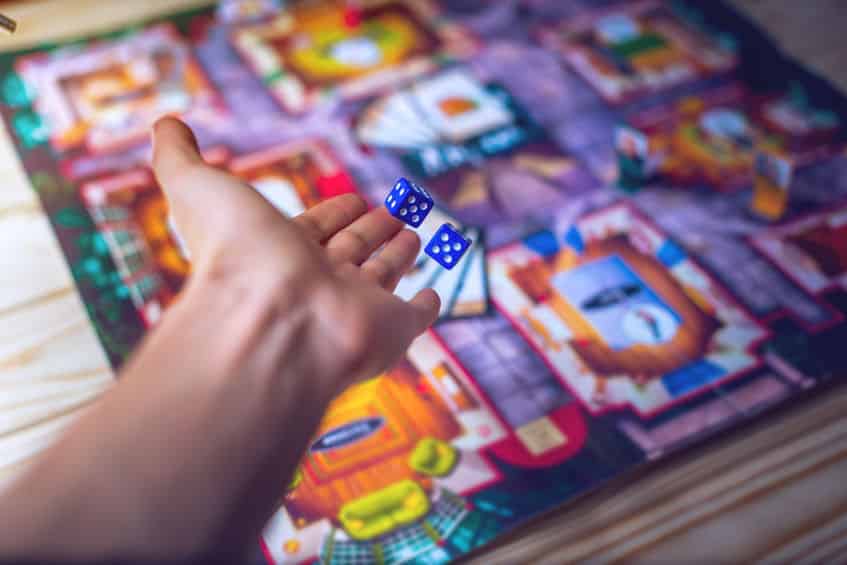By John Salak –
Sure, make fun of people playing classic board games like Risk, Scrabble, Clue, Monopoly and gasp, even checkers. They’re just not as trendy, cool, swank, lit, sick or salty as the latest video games. Okay, maybe not, but those duffers still playing old fashioned board games are likely to have sharper minds and memories as they age than the digital fashionistas glued to game consoles.
This is the digital-shattering conclusion from researchers at the University of Edinburgh, who analyzed the memory, problem solving, thinking speeds and general thinking abilities of more than 1,000 people aged 70 and above.
The researchers used statistical models to analyze the relationship between a person’s level of game playing and their thinking skills by comparing how they differed later in life to decades earlier when all the participants took intelligence tests when they were 11 years old.
Several other factors were also incorporated into the analysis including an individual’s education, socio-economic status and activity levels.
“Even though some people’s thinking skills can decline as we get older, this research is further evidence that it doesn’t have to be inevitable,” said Caroline Abrahams, Charity Director at Age UK. “The connection between playing board games and other non-digital games later in life and sharper thinking and memory skills adds to what we know about steps we can take to protect our cognitive health, including not drinking excess alcohol, being active and eating a healthy diet.”
Not only did the results confirm that board game playing individuals had stronger cognitive skills than those who relied on video games or didn’t play games at all, but the researchers found that individuals who increased their game playing in later years has less decline in thinking skills in their seventies. This was particularly apparent when it came to memory function and thinking speed.
These findings can now be used to help better understand what lifestyles and activities will support healthy aging among all adults.
“These latest findings add to evidence that being more engaged in activities during the life course might be associated with better thinking skills in later life,” explained Dr Drew Altschul of the University of Edinburgh. “For those in their 70s or beyond, another message seems to be that playing non-digital games may be a positive behavior in terms of reducing cognitive decline.”
Professor Ian Deary, a university colleague, agreed with this assessment. “We and others are narrowing down the sorts of activities that might help to keep people sharp in older age. It seems, it is something in this group of games that has this small but detectable association with better cognitive aging. It’d be good to find out if some of these games are more potent than others.”
Until the research team is able to dig deeper on whether Battleship is better than Operation on keeping a mind sharp, it may be safe to just concentrate on the top ten board games as identified by Brandon The Game Dev. This site’s winners, among others, include chess, checkers, Risk, Life, Chutes and Ladders and Monopoly.













